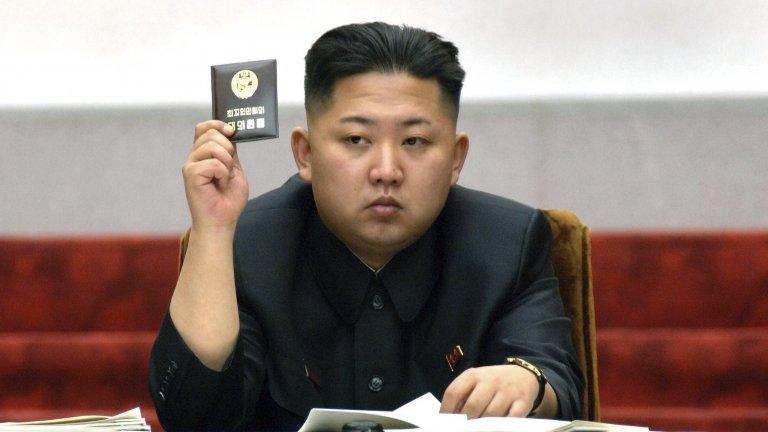North Korea's leader Kim Jong-un to visit Russia
- Published
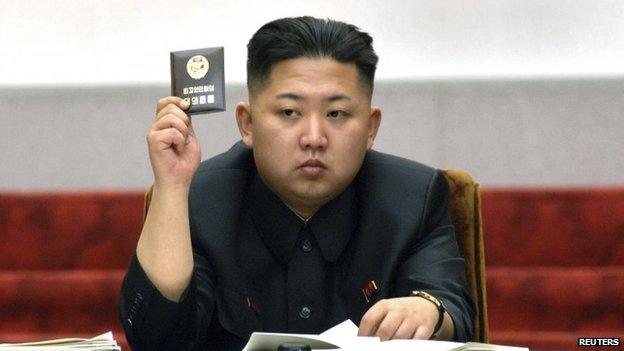
Kim Jong-un has made no overseas visits since inheriting the North Korean leadership
Russia says North Korea's leader has accepted an invitation to travel to Moscow in May for World War Two anniversary celebrations.
Presidential spokesman Dmitry Peskov said his presence had been confirmed, and Russia was preparing for his visit.
However, Mr Peskov did not mention Kim Jong-un by name, sparking speculation that another official may attend.
Kim Jong-un has not made any overseas visits since taking power in North Korea in late 2011.
South Korea's Unification Ministry told Yonhap that the reference to the leader could be ambiguous, as Kim Yong-nam is the nominal head of state.
'Not finalised'
Earlier this month, reports emerged suggesting Russia could be the site of Mr Kim's first official visit.
Foreign Minister Sergei Lavrov told journalists on 21 January that Russia had invited Mr Kim to the 9 May celebrations to mark the 70th anniversary of the end of WW2.
He said that the "first signal was positive" from the North Korean government.
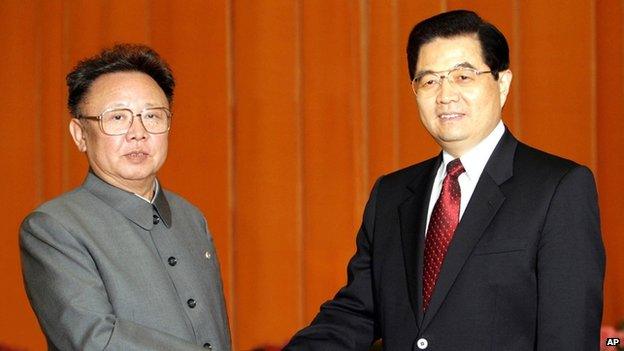
Late leader Kim Jong-il made few overseas visits and did not confirm them ahead of departure
Mr Peskov told Interfax news agency on Wednesday: "The participation of the North Korean leader has been confirmed, we are preparing for his arrival."
However, Yonhap reported earlier, external that the Kremlin had not finalised the list of guests, and there has been no statement from North Korea.
Kim Yong-nam, whose official title is president of the Presidium of the Supreme People's Assembly, has more traditionally represented North Korea at overseas events.
Visits by Kim Jong-un's father Kim Jong-il, the former leader who died in December 2011, were never announced ahead of his departure.
Kim Jong-il visited Russia in August 2011, but he paid more regular visits to China. Under his leadership, China was seen as the North's closest ally.
If Kim Jong-un did choose to visit Moscow ahead of Beijing, the decision could be seen as a sign of growing distance between China and the North.
In recent years, China has come under pressure from Japan, South Korea and the US to exert more pressure on Pyongyang over its nuclear programme.
Beijing has, on some occasions, expressed exasperation with its northern neighbour via official media channels.
It also backed UN resolutions strengthening sanctions on Pyongyang after its recent missile and nuclear tests in 2013.
- Published28 January 2015
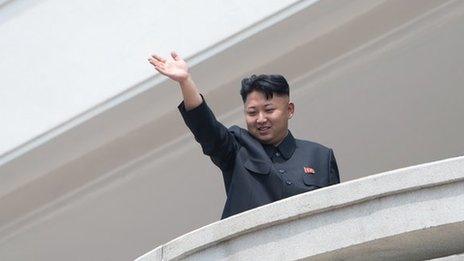
- Published1 January 2015
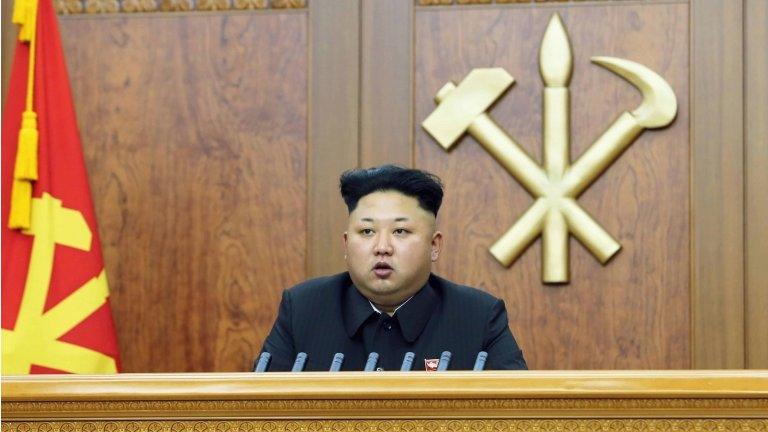
- Published11 September 2023
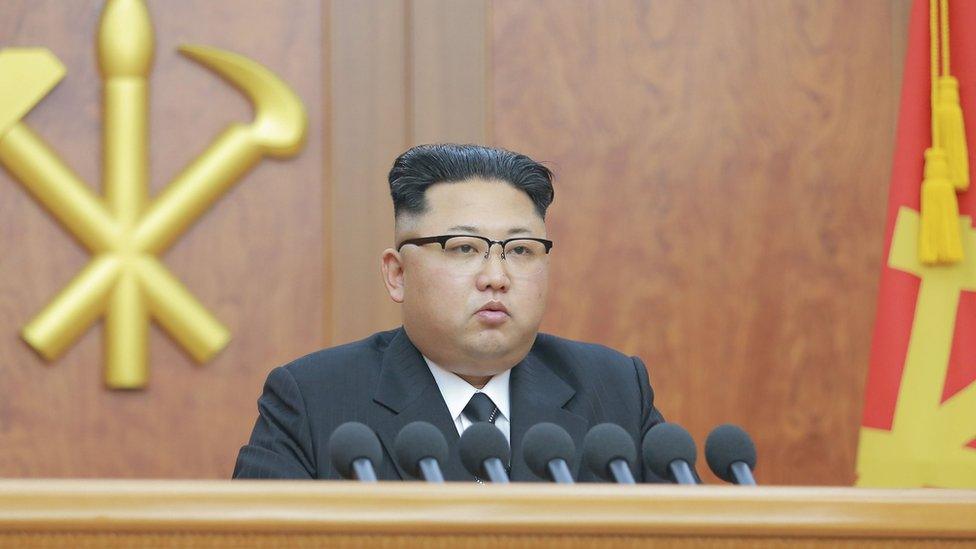
- Published13 October 2014
